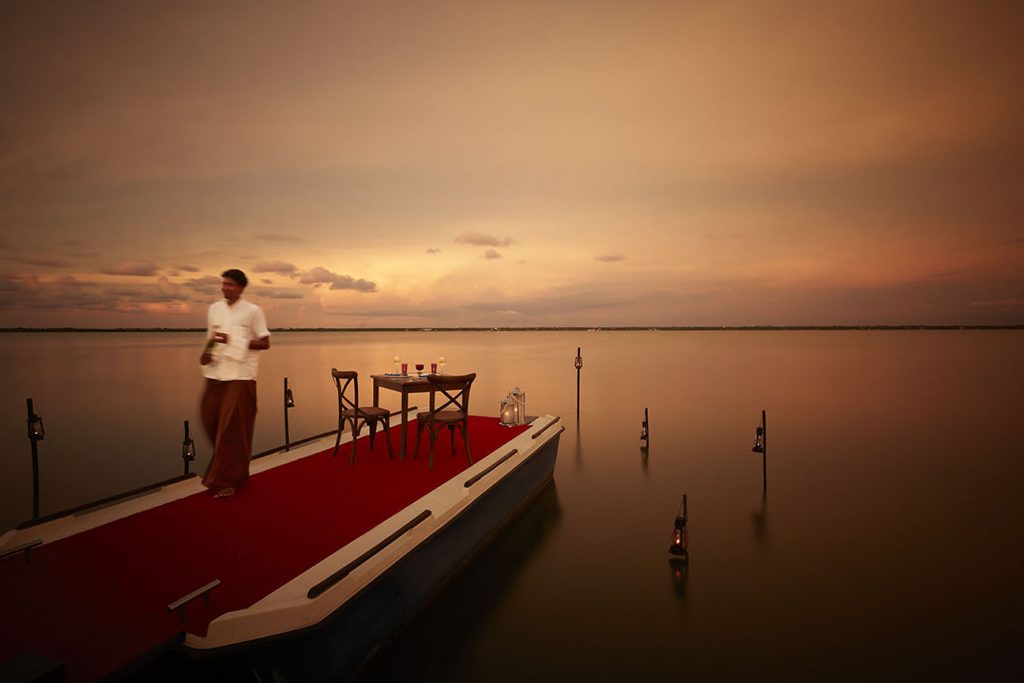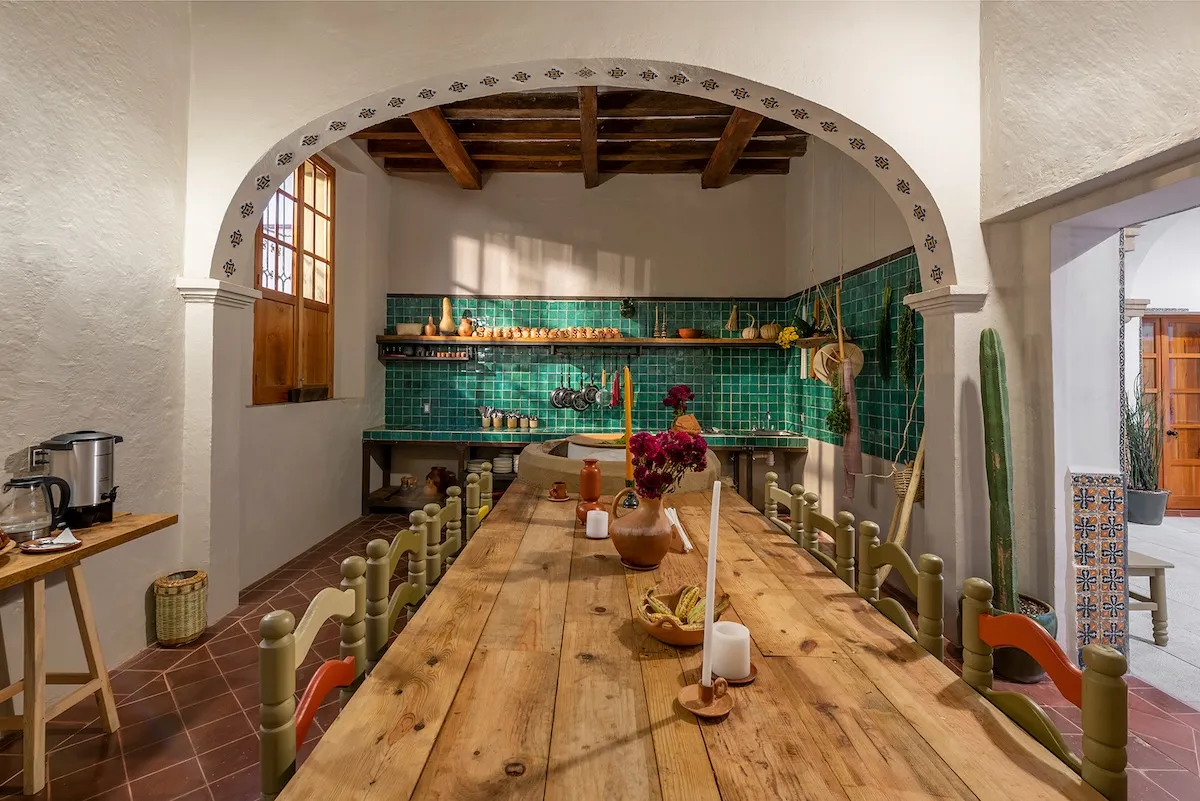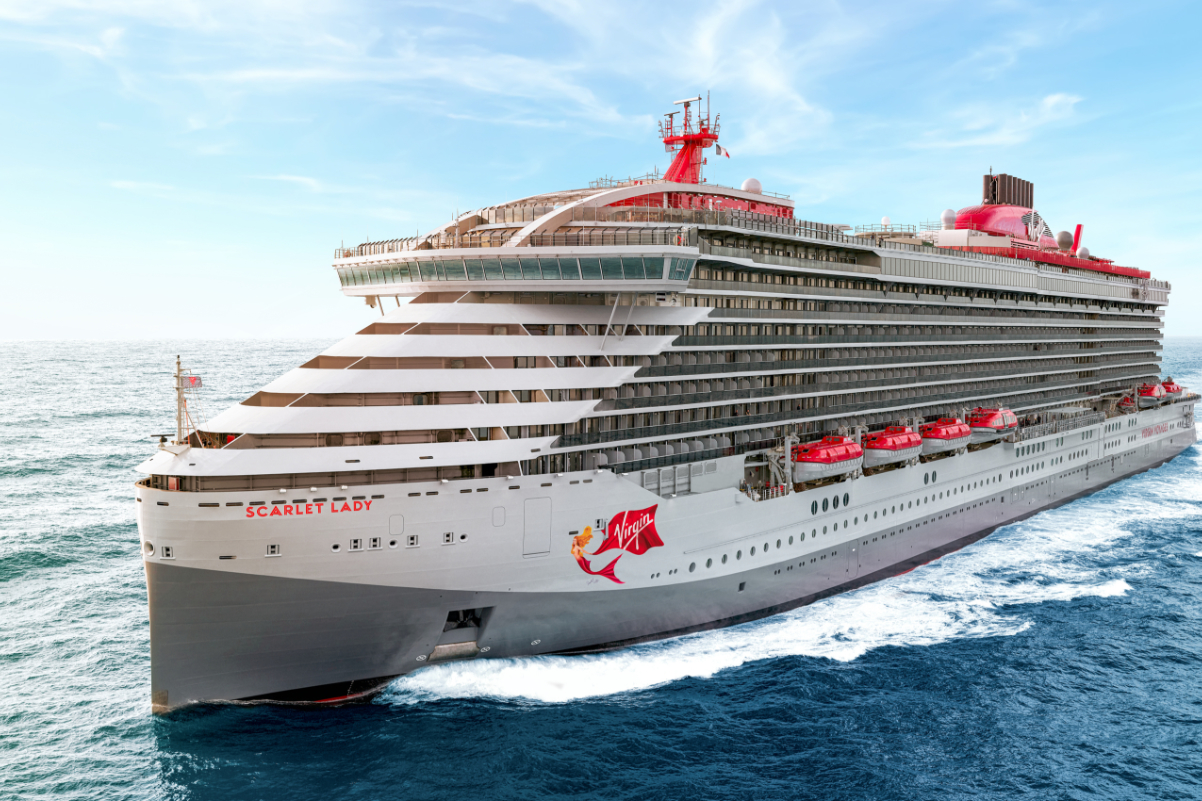Sri Lanka Boldly Asks Online Travel Agencies to Cut Commissions to Help Revive Tourism

Skift Take
By offering free tourism visas on arrival, reducing airline charges to encourage carriers to reinstate flights, and asking online travel agencies to cut commissions, the Sri Lanka government has been rolling up its sleeves to get its tourism industry revving again.
But how reasonable is it to expect the likes of Expedia and Booking groups to cut commissions as part of recovery efforts? And how effective is such a measure as waiving visa fees in bringing back tourists, especially from a market like China, which is also being pursued by a slew of other countries that has eased visa policies?
The government is matching excellent private sector work to prop up one of its top three foreign exchange earners, which was impacted by the April 21 Easter Sunday bombings on hotels and churches in Colombo. Since August 1, it has waived visa fees, typically costing $20 to $40, for citizens from 48 countries, including top three sources India, China, and the UK.
What's more, plans to slash ground-handling charges, aviation fuel prices and embarkation fees to encourage airlines to return have been in force beginning this month. Both programs are reportedly for a period of six months.
Sri Lanka Tourism Minister John Amaratunga also told local reporters he was going to meet representatives of global online travel agencies to request that they reduce commissions for a period of time, according to a report in the local Daily News.
Real Friends?
Online travel agencies should reduce their commissions during a 12 to 18 months recovery period to support Sri Lanka to get back onto its feet, said Robert Hauck, who has just returned to Munich after his posting as general manager and area vice president of Galle Face Hotel and Ceylon Hotels Corp.
“This would send such a strong message to the world and make a huge impact and I am sure this gesture would not be forgotten by Sri Lanka. Actions are more meaningful than just words,” he said.
Thus far, however, that request looks like a lost cause.
“We received overwhelming support from international media and tour operators. Sadly we didn’t see that from OTAs,” said Hiran Cooray, chairman of the Jetwing Symphony and The Lighthouse Hotel.
“In a way that’s understandable since there’s no heart and soul in the online world. I wish they had come forward and proposed a reduction rather than government or associations having to ask for a reduction. On the contrary, of late, Booking.com has started charging a 15 percent commission on the 10 percent service charge for staff as well. This is sad.
“Our letters to them have gone unanswered so far and those who objected or refused to pay, have been warned by them saying, they will be suspended,” said Cooray.
When Skift asked about this, a Booking.com's spokesperson based in Singapore said: “As an extension of Booking.com's overarching aim to provide our customers with the best customer experience, which includes complete transparency about the total price they will need to pay at a property when they make a booking and to create a level playing field for all of our accommodation partners, we are updating our process when it comes to charging commission on mandatory extra fees that customers are asked to pay at the property.
“Ultimately, we don’t think hidden fees of any kind are a good experience for customers, so we hope this move helps further push properties to be transparent and include the entire price upfront.”
Expedia Group declined to reveal outright if it had been approached to cut commissions in Sri Lanka. But David Hamblin, vice president of market management for Asia-Pacific, argues that the group does a lot more than other online travel agencies for destinations than just the booking part, such as generating demand for a destination or a hotel due to its marketing efforts even if travelers do not end up booking Expedia or the other booking sites it owns including Hotels.com and HomeAway.
“Expedia Group only earns compensation for a booking when a traveller has paid and stayed, unlike other business models, which take a percentage of total revenue regardless of their role in generating it. This compensation covers every aspect of marketing and customer acquisition on our platform, including travelers who find the accommodation on our platform and go on to book directly with the property, transactions where Expedia Group earns nothing,” said Hamblin.
“The value of Expedia Group’s platform goes far beyond listings on a distribution channel," he added. "Lodging providers can utilize our technology tools, data and insights to understand travel trends, which ultimately can help them make better decisions to drive business results.”
Increase Awareness, Not Cut Commissions
Besides, what is the point of commission cuts if travelers aren't booking in the first place?
“One obvious but impactful way that we help destinations rebound is to help them increase awareness — either once they are ready for the spotlight or in the case that they were never actually impacted by a nearby disaster,” said Hamblin.
“Without awareness-building, potential travelers might not have realized that a full 70 percent of the Caribbean was untouched by the 2017 storm season,” he pointed out.
The online travel agency most recently worked with the Jamaica Tourism Board to increase winter business, Bahamas Tourist Office to bump up package bookings, and various hotels within the Dominican Republic for bookings-focused joint campaigns.
“One way that we can give destinations an advantage is by helping them understand which regions travelers are considering alongside theirs. Destination marketers are often surprised to learn that their competitive landscape includes distant destinations with a wide variety of characteristics,” said Hamblin.
Expedia Group's competitors in using first-party data and helping destinations rebound include the likes of Sojern and Adara. Traditional travel and hotel branding specialists, such as Quo Global, and Asian tourism associations such as the Pacific Asia Travel Association (PATA), are also descending on Sri Lanka as it rebuilds its tourism economy.
“PATA's focus is [helping destinations in distress] with recovery, ensuring that tourism growth gets back on track,” said its CEO Mario Hardy. “Part of this is mostly around communication and ensuring that both the private and public sector are consistent in their message. We are not currently working with Sri Lanka; I am, however, due to visit the country and meet with the authorities later this week.”
The main takeaway for Sri Lanka from a recent PATA and Canada-based Centre for Crisis Communication Centre webinar was for the country to clearly communicate what had been done in recent months to reinforce safety and security. Said Hardy: “Are new security measures in place, new controls, a tourism police force, emergency contacts and the like?"
Upward Trajectory Continues
Although arrivals are not yet back to pre-Easter attack levels, Sri Lanka is on a steady climb back, without doubt due to no further incidents that would dent consumer confidence on the safeness of a visit.
In June, it saw a 66 percent increase over May to 63,000 arrivals, and it expects some 100,000 visitors by the end of July, which would comprise 50 percent of the volume of arrivals compared to July 2018, when 212,000 arrived, according to updates provided by the private sector's “Love Sri Lanka” portal.
Expedia Group concurs it has seen early signs of recovery in June and July. Likewise, Thomas Cook China is seeing “increasing levels of interest in Sri Lanka as a destination for our Chinese customers, with our signature Sri Lanka tour with departure from Shanghai generating daily enquiries,” said CEO Alessandro Dassi.
“Although these signs are encouraging, it will naturally take more time to get back to the levels pre-terrorist attack,” said Dassi. “The recent measures taken by the Sri Lanka government are a step in the right direction and will help accelerate the recovery of tourism for this beautiful destination.”
Although not a full visa waiver such as that introduced by Morocco, Sri Lanka’s free visa makes it easier and cheaper for Chinese citizens to visit Sri Lanka. If supported by targeted marketing campaigns, it can definitely help boost arrivals from China, he said.
Morocco went from quite a tedious and strict visa process, to full visa-free for Chinese travelers in 2016, Dassi said. Sri Lanka still requires visitors to apply for a visa, although the fee is being waived for now.
“Since then China tourism to Morocco has seen tremendous growth, reaching 180,000 arrivals in 2018 from less than 20,000 before the visa-free policy was introduced. Visa-free also means that travelers do not need to plan long in advance when deciding to visit a country, which fits very well with the China’s very short booking lead time relative to other markets,” said Dassi.
The Value of Other Markets
But Hauck, formerly of Galle Face, worries that Sri Lanka only has its eyes peeled only on high-volume markets such as India and China in order to bring back the numbers, with not enough done on Europe, which has helped build tourism in Sri Lanka. He said there should be a “precise plan” to attract markets such as the UK, Japan, and Australia
“The Chinese Ambassador to Sri Lanka stated a few weeks ago that in order to attract more Chinese tourists, more Chinese tour guides and Chinese chefs are needed since ‘Chinese people have always a Chinese stomach’ when traveling. He also [recommended] reducing restrictions to bring in Chinese tobacco and Chinese alcohol since Chinese travelers are accustomed to these products," Hauck said.
“In my opinion this is the totally wrong way to promote tourism. My personal Chinese friends, when they travel, want to experience different cultures and local food. It would be a big mistake to fall into such a trap and not build a sustainable tourism industry.”




